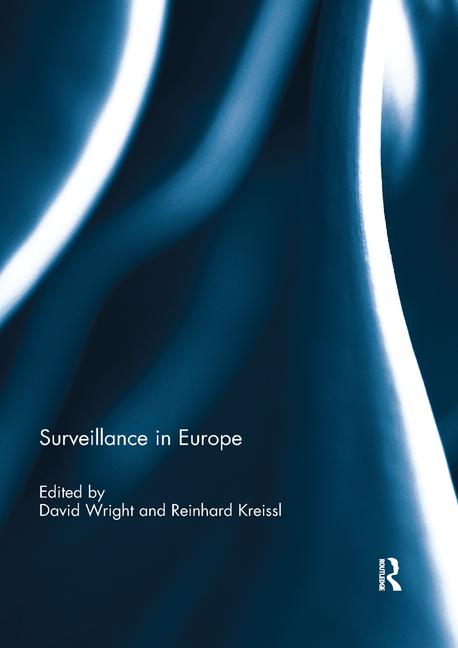Ted Stoler, East Central Station manager and assistant vice president for Vector Security, Warrendale, Pa., is the winner of the 2013 CSAA Central Station Excellence Award for Manager of the Year. Stoler has 35 years of security experience under his belt, 19 of which have been spent at Vector.
The heart of Stoler’s management style is in his conviction to lead by example and project an unwavering sense of responsibility. This earns him tremendous respect among central station staff and management alike. Stoler recently spoke with SDM to tell us more about the keys to his success.
SDM: When you are tasked with managing one of two central stations that must work in total unison, accurate communication is extremely important. What are some of the methods you use to achieve a superior level of communication?
Stoler: Good communication is achieved through meetings that keep us all connected and understanding the goals and realizing what we can do a better job with. Sharing what works. Identifying behavior and the kinds of responsibilities we’re accountable for.
The mission is to develop the kind of relationship with our customers and fellow employees to develop a profit. As a company, we’re a service-oriented organization and what that means is that our service has to be proven every day by jumping a little higher and running a little faster and always having that awareness that constantly proving ourselves is part of our philosophy.
SDM: What are some of the most effective programs and practices you use to develop strong leadership skills among Vector’s central station supervisors?
Stoler: Vector has invested in a product that’s developing all of our leaders in a variety of different ways by having them take courses that help them individually from a leadership perspective, from a personal perspective, to accomplish certain goals that they, as leaders, now have. We understand that the growth process is within us and the opportunity is there through education. The company has provided a lot of opportunity for us to grow through education and training.
My own leadership skills have been enhanced a great deal by the people that I work with. I have a lot of positive influence, a lot of support, understanding that has made me grow through the years.
SDM: What are the top three attributes you look for when hiring new central station operators? How do you ascertain that a job-seeker has these skills?
Stoler: Heart is the first one. Someone that wants to work for us and wants to work in a customer-oriented business like life safety has to have heart and the desire to help people. It’s sometimes hard to find. There’s a passion associated with the way certain questions are answered when people talk about their contribution and commitment to the work they’ve done. Getting them to explain their job and how they went about accomplishing that task is a good way to look for that passion and genuine concern. It’s a little bit body language, a little bit how they say the words.
I also like to see longevity in other jobs they’ve had. That shows me they were dedicated to other work they’ve done and that they’ve put their best foot forward, as well time and effort in their work.
A positive attitude — eye contact, a firm handshake, actively listening, asking good questions — is key. We go through a series of questions that talk about them as people along with what they’ve done in the past. We’re looking for the kind of answers that show a great attitude, as well as past commitment and a willingness to work for our organization and give their best effort.
SDM: What advice would you offer to someone new to the central station management role?
Stoler: For everybody that works for you, know their job. Know what they do and make sure you’ve done it. So that when you pass a responsibility onto somebody, you know what you’re asking and you know how to do it, and have an understanding of the level of accountability that is required and, ultimately, expectations of that job.
The second piece of advice is to understand that the relationship with your customers is as important as your relationship with the employees. You have to have a balance that works towards a common denominator of satisfaction.









